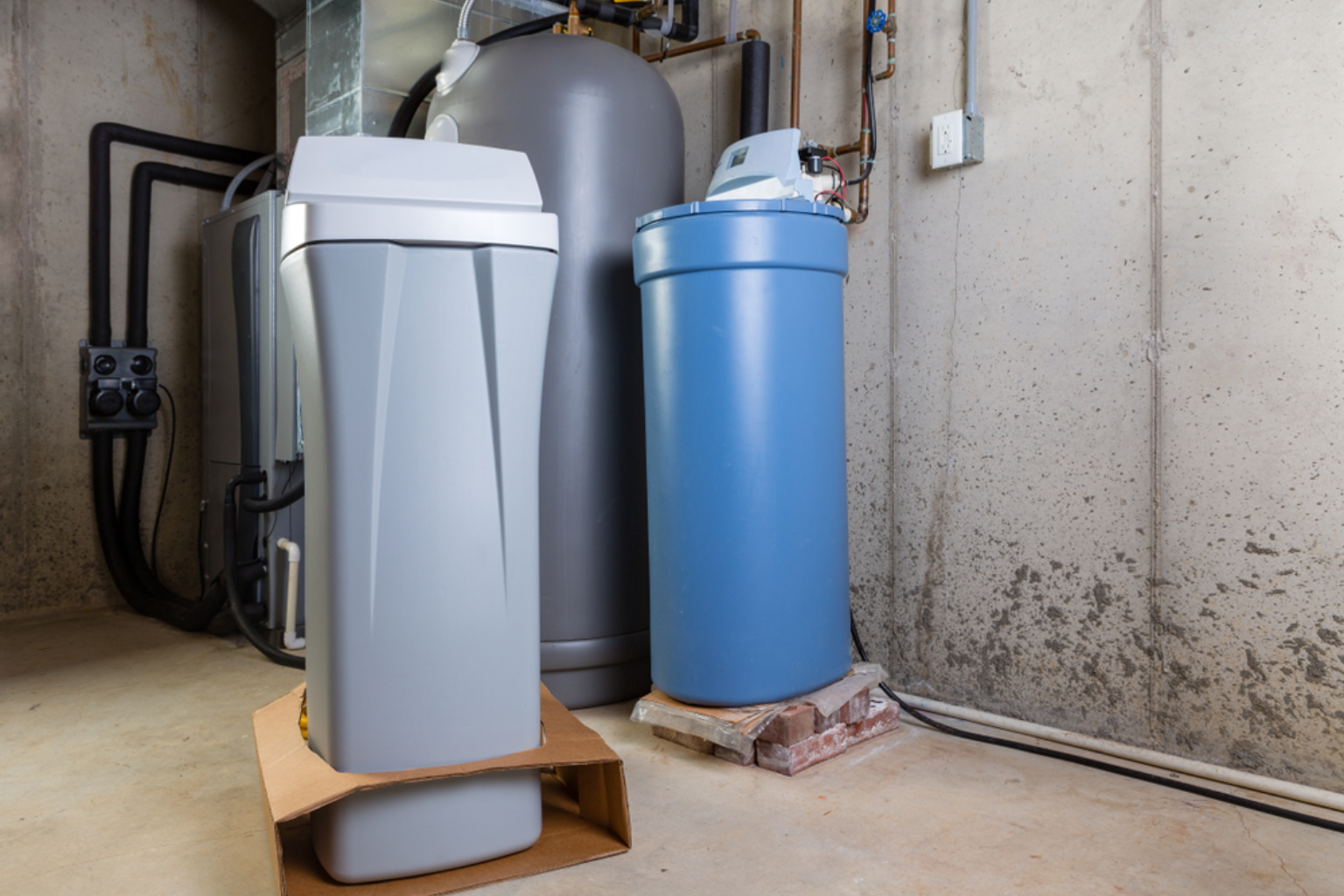
Let’s get real for a second — most of us don’t give much thought to the water we use. It flows, it fills the kettle, it rinses our dishes. Unless something smells off or leaves a weird film on our skin, we just assume it’s doing its job.
But here on Long Island? That assumption can come back to bite you.
Because what’s technically “safe” doesn’t always mean it’s good. And if you’ve ever asked yourself, “Why is my skin so dry after a shower?” or “Why do my dishes still have spots?”, you’re not imagining it.
Let’s dive into the truth about Long Island water, what “hardness” really means, and how to find the right solution without getting buried in sales pitches.
The Unseen Culprit: What Hard Water Does To Your Everyday Life
Before we even get into gadgets or brands, let’s talk about what hard water actually is.
In plain English? Hard water means your tap contains a high level of minerals — mostly calcium and magnesium. Not toxic, but definitely annoying. Think soap that doesn’t lather. White residue on your faucets. That chalky feeling on your hair. And yes, the slow death of your dishwasher.
And while most people don’t test their water unless something breaks, once you know what to look for, you’ll start seeing the signs everywhere.
So… is Long Island water hard or soft?
Short answer: It’s generally hard. Some areas worse than others. Nassau and Suffolk both get water from underground aquifers, and as that water passes through layers of rock and soil, it picks up minerals. That’s what gives you that classic hard water experience.
The longer answer? It varies. And that’s exactly why testing your water before buying a system is so important.
Soften Up: Why Water Softeners Are Gaining Ground
Here’s the good news — hard water can be fixed.
A water softener system takes those minerals out before they hit your pipes, your skin, or your coffee machine. It’s not just about comfort, either. Softeners protect your appliances, reduce soap scum, and even lower your energy bills. Less scale = less strain on your water heater. Simple math.
And if you’ve already started Googling water softener system near me, you’re definitely not alone. More and more homeowners are waking up to the quiet damage hard water does over time — and realizing it’s cheaper to prevent than to repair.
Pro tip: Don’t go with the first quote you get. Ask for a water test, compare models (salt vs salt-free, single-tank vs dual-tank), and make sure your system is sized correctly for your household. Bigger isn’t always better — efficiency matters more than horsepower.
Real People, Real Reviews, Real Red Flags
Let me paint a quick picture. You install a water softener. Suddenly, your showers feel like spa days. Your soap lathers like it’s auditioning for a commercial. Life’s good.
Then a few months in — weird noises, poor pressure, maybe a leak. You call the company. Crickets. Or worse, a rep who insists you must have done something wrong.
That’s why reviews matter — especially local ones. Don’t just scroll through stars. Read what people actually say. Look out for customer service horror stories or service fees buried in fine print.
Better yet, ask your neighbors. Nothing beats real-world feedback from someone who lives a few streets over and dealt with the same mineral mix as you.
Wait — What About EcoWater?
Ah, yes. The brand name that keeps popping up.
EcoWater near me is probably one of the top searches for Long Islanders exploring water treatment. And to be fair, they’ve earned the reputation. Established, tech-forward, and backed by science. A lot of people swear by their softeners and filtration systems — especially when paired with local dealers who actually know the quirks of the area.
That last part matters. A good system with a bad installer is like putting a Ferrari engine in a beat-up minivan. Look for dealers who don’t try to upsell everything. The ones who test first, explain clearly, and offer ongoing service — those are your keepers.
That said, don’t assume big brands are always the answer. Sometimes, the best solution is a local specialist with solid reviews, a phone number that works, and no pressure tactics.
Beyond Softeners: The Bigger Water Picture
Let’s zoom out for a second.
Softening your water is a huge win — but it’s only part of the story. Some homes on Long Island have additional issues like high iron, sulfur (yep, that rotten egg smell), or even trace contaminants that require filtration, not just softening.
That’s why a full water test is step one. Every. Single. Time.
And it’s also why a lot of systems now come bundled — softeners paired with whole-house filters, UV lights, or reverse osmosis for drinking water. Yes, it costs more upfront. But for many, it’s worth it. Especially when you think about what you’re washing your veggies in or pouring into your pet’s bowl every day.
The Little Things That Tell You It’s Working
You’ll know the moment it clicks.
Your towels feel fluffier. Your skin isn’t tight after a shower. Your coffee machine stops beeping with buildup alerts. And you go from wondering “what’s in this water?” to just… enjoying it.
It’s a quiet transformation. But one that shows up in your energy bills, your appliance lifespan, and your peace of mind.
Because clean, softened water doesn’t just protect your pipes — it protects your daily life.
Final Pour: What to Do Next
If you’re still on the fence, don’t stress. Here’s a simple place to start:
- Get your water tested. Most legit companies will do it for free or cheap.
- Decide your pain point. Is it dry skin? Appliance wear? Taste? That’ll guide the system you need.
- Search locally. Look for “water softener system near me” and compare a few trusted providers.
- Ask real questions. Warranty terms, maintenance schedules, salt vs no-salt, long-term costs.
- Don’t overcomplicate it. The best systems work quietly in the background. They shouldn’t feel like a part-time job.
In Closing:
Living on Long Island means salty air, sandy toes, and yes — hard water. But just because it’s normal doesn’t mean you have to live with it.
